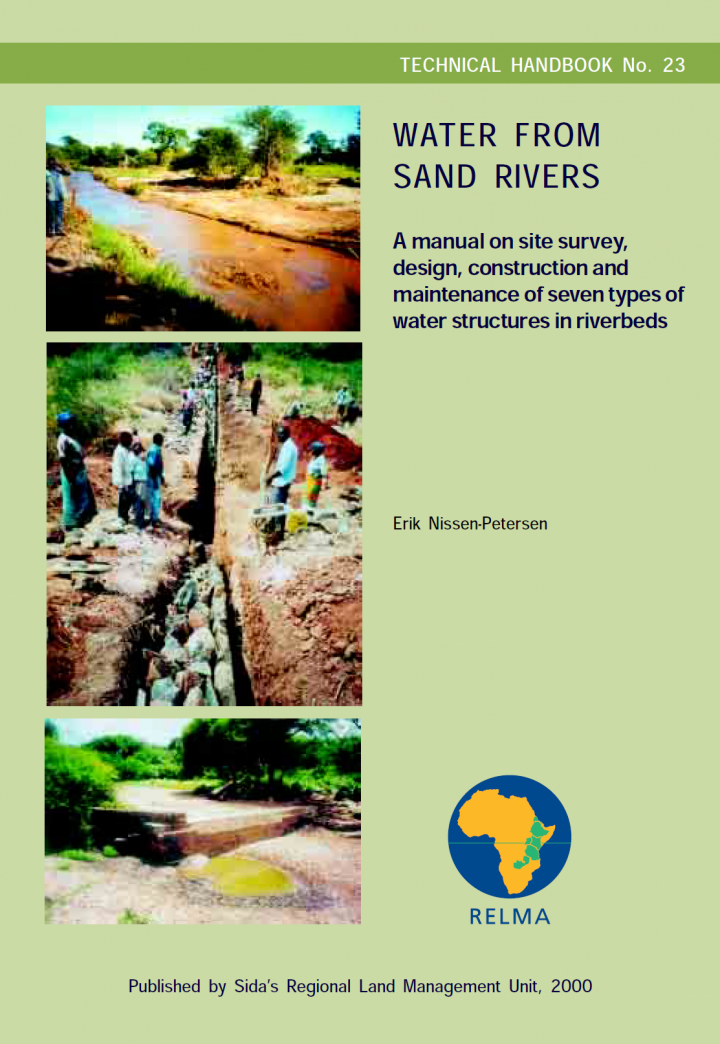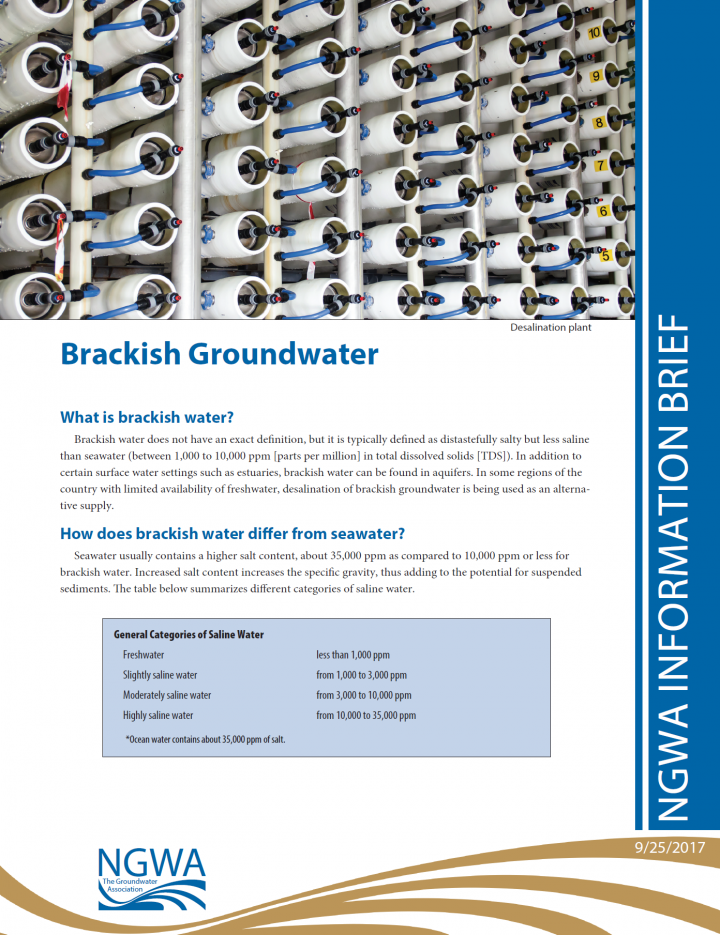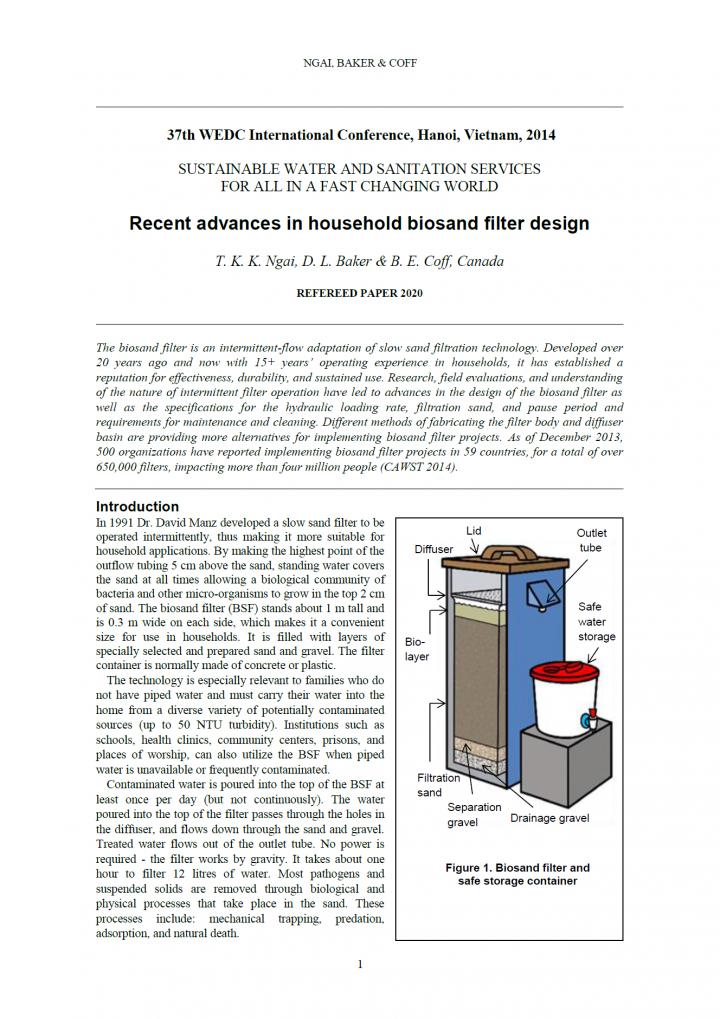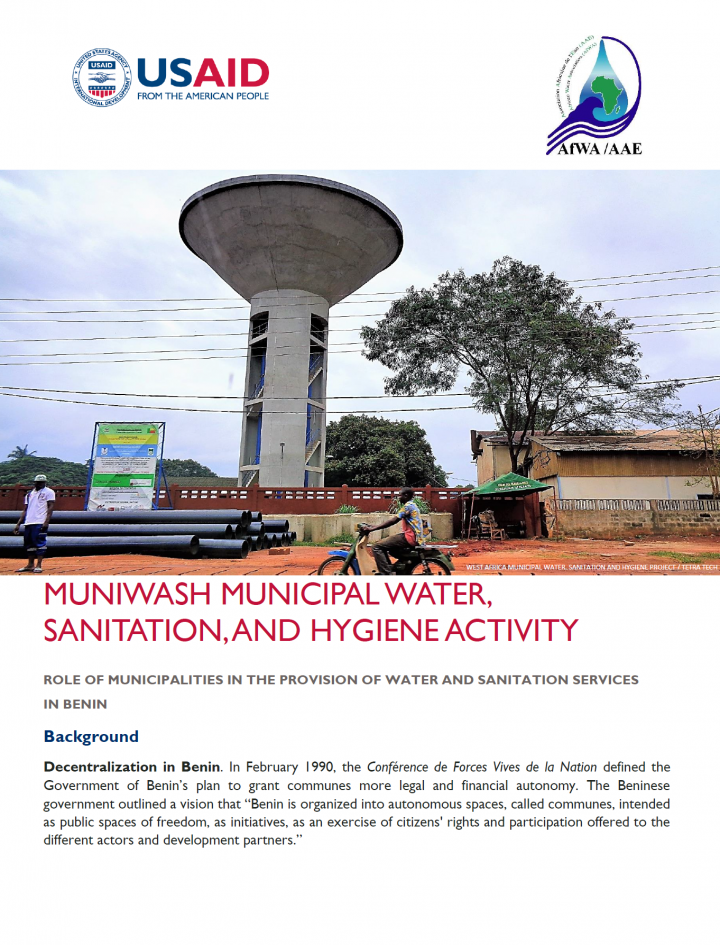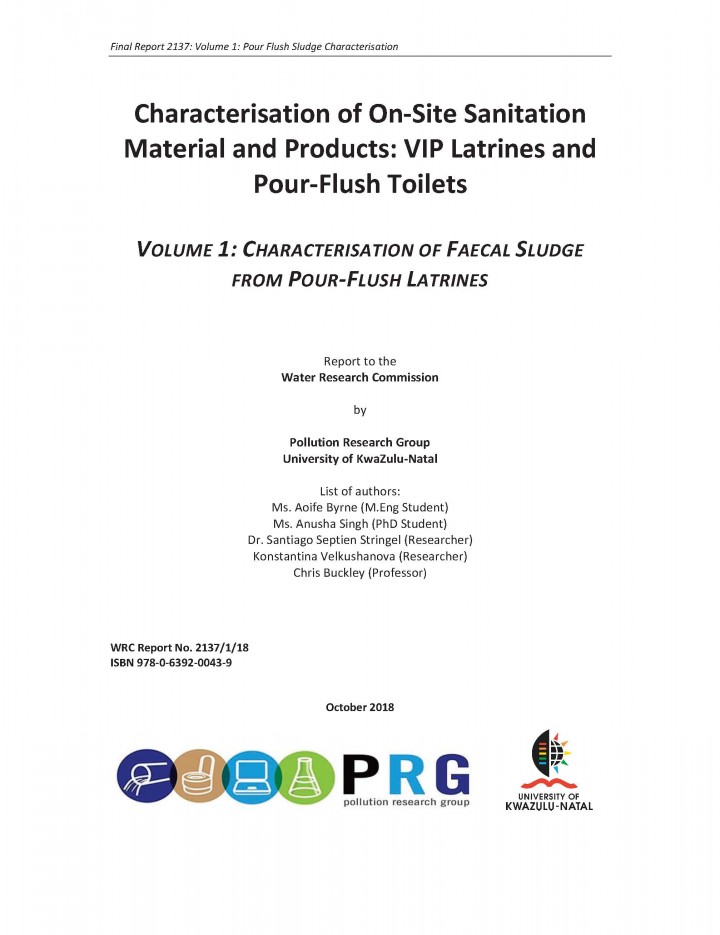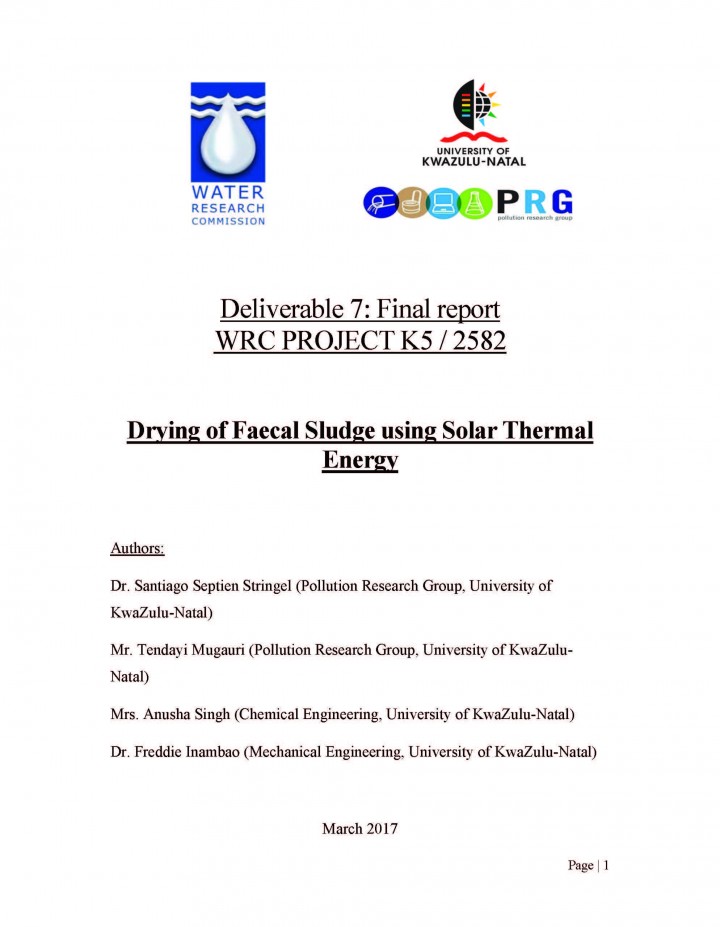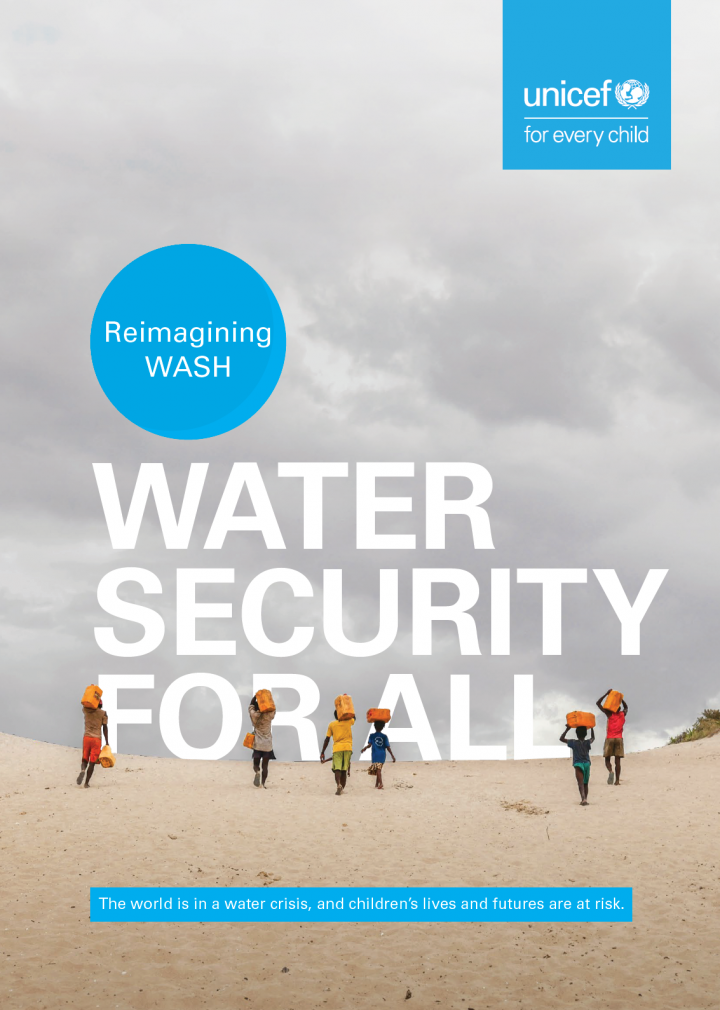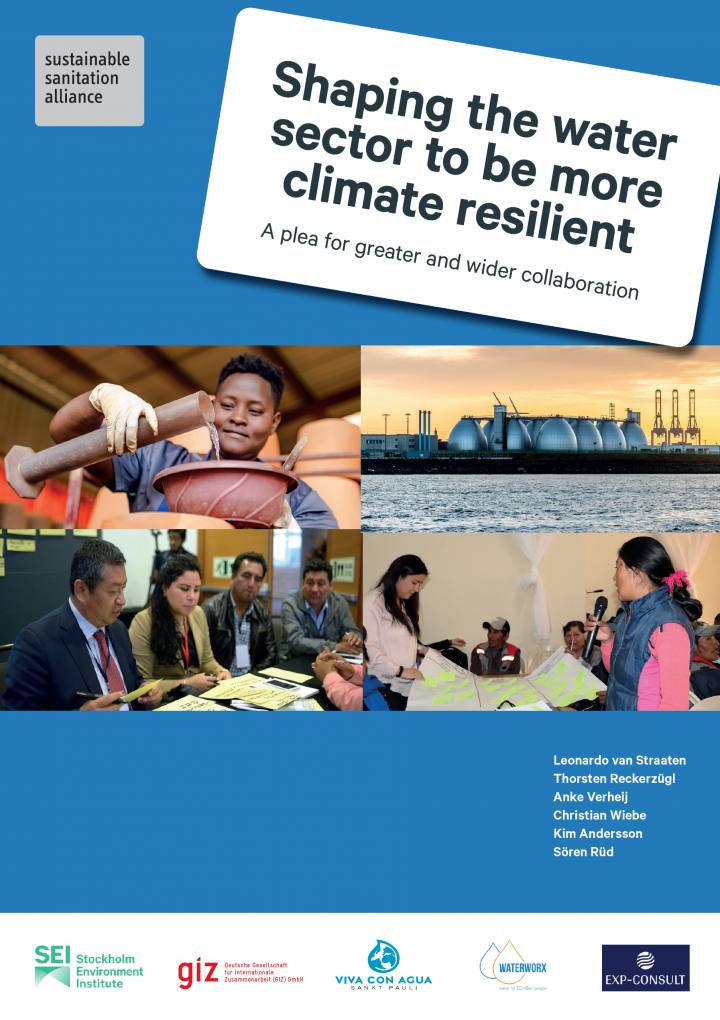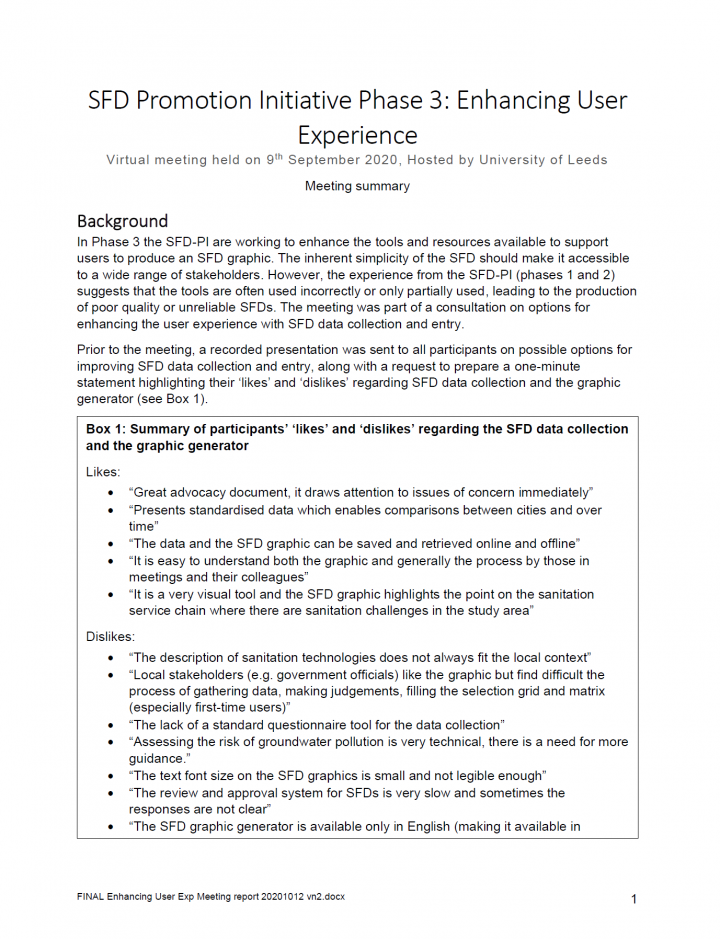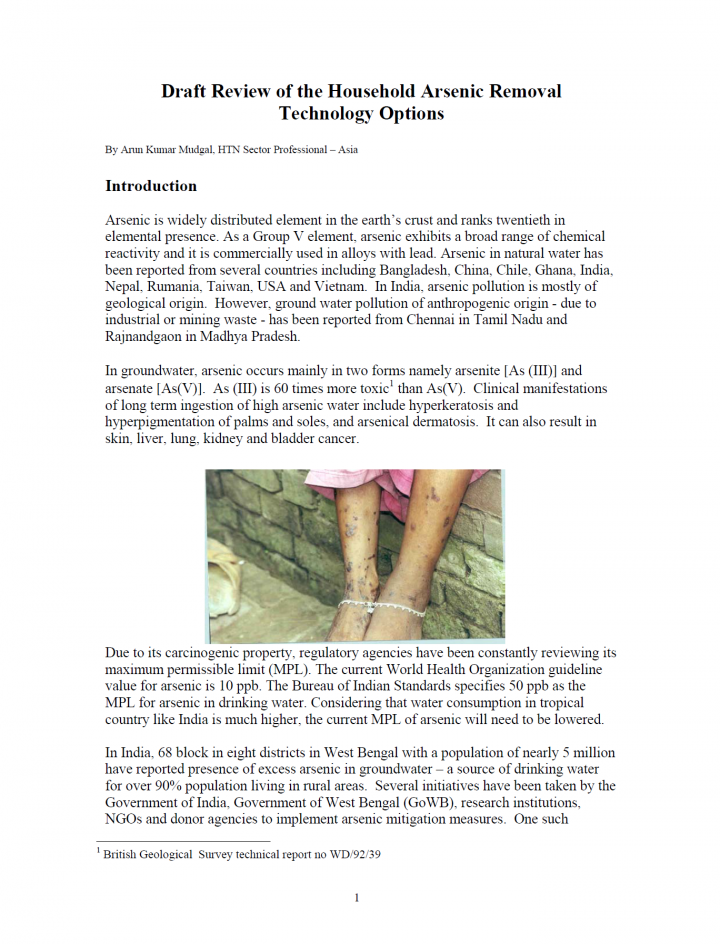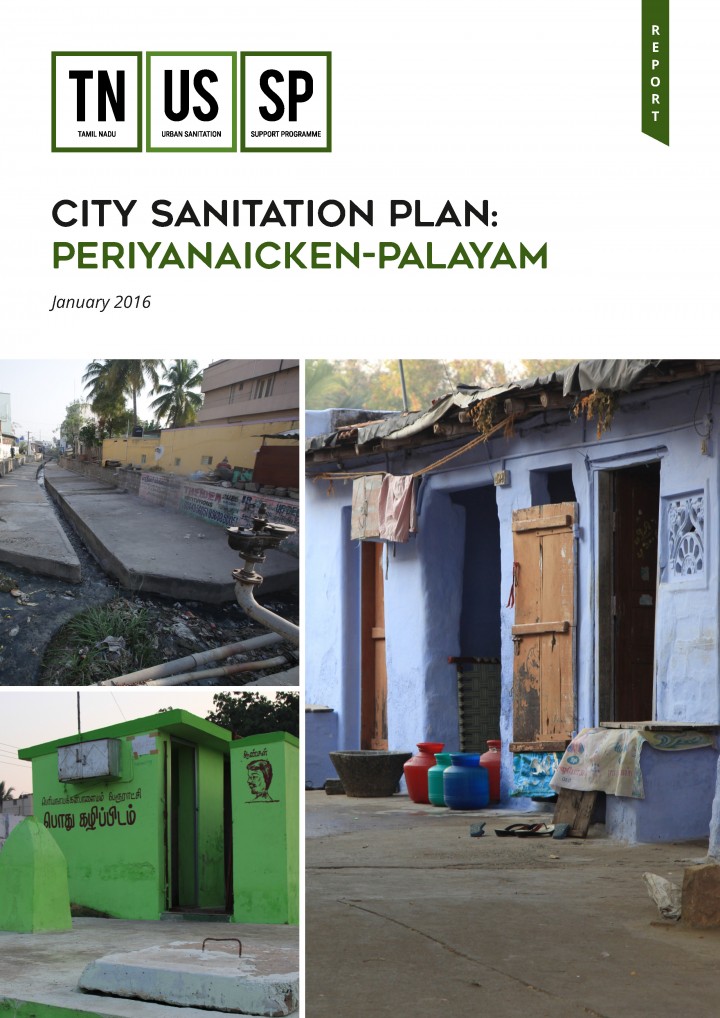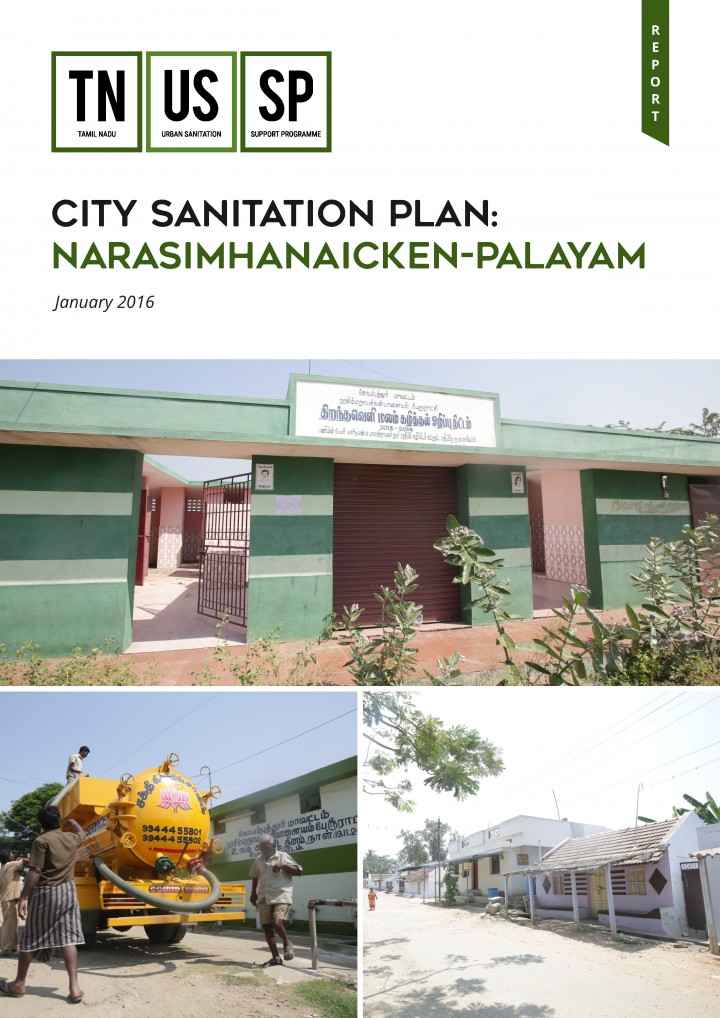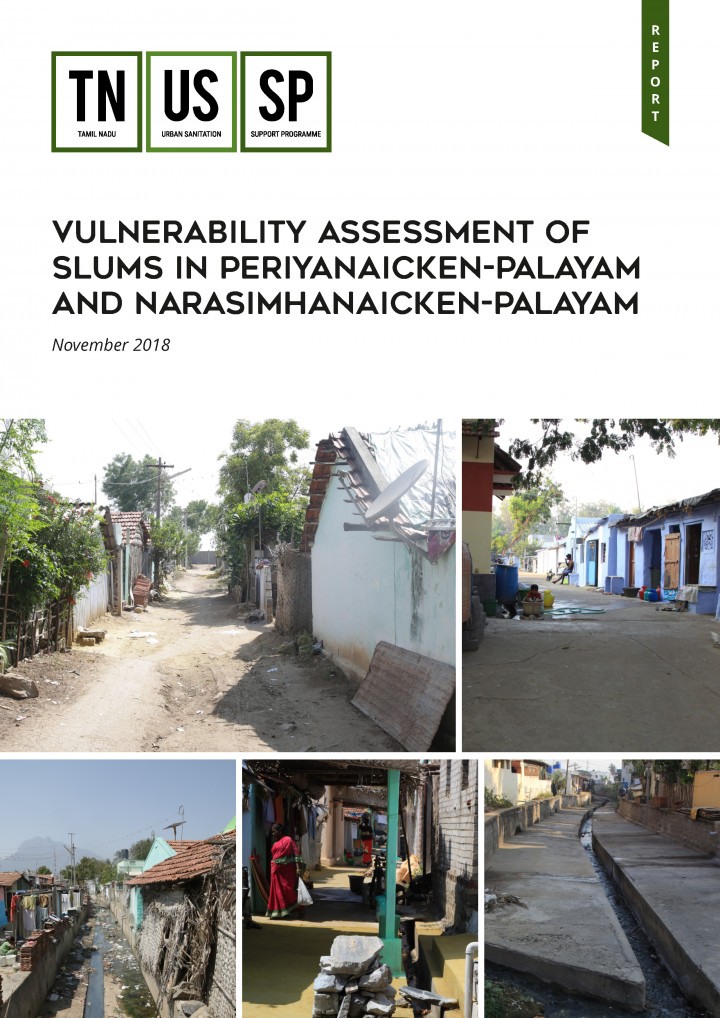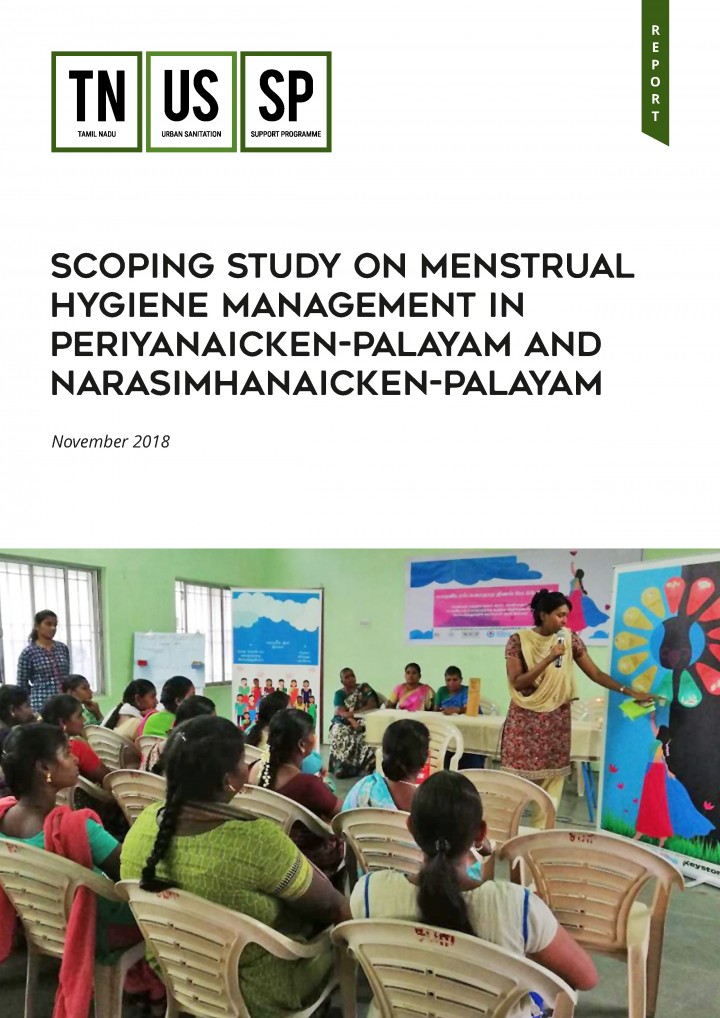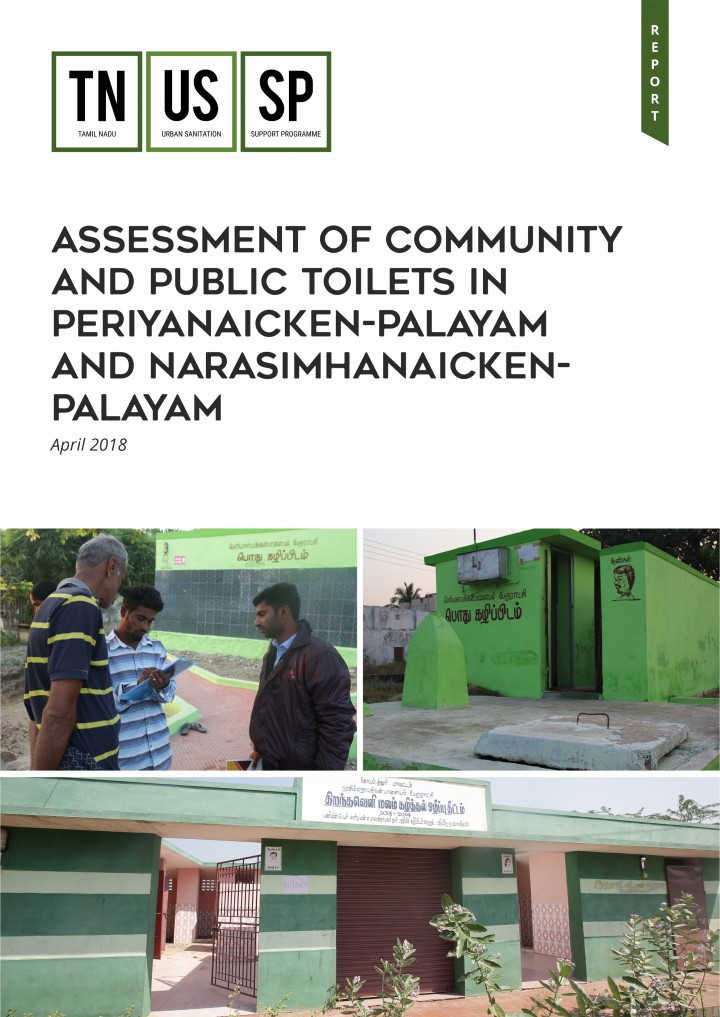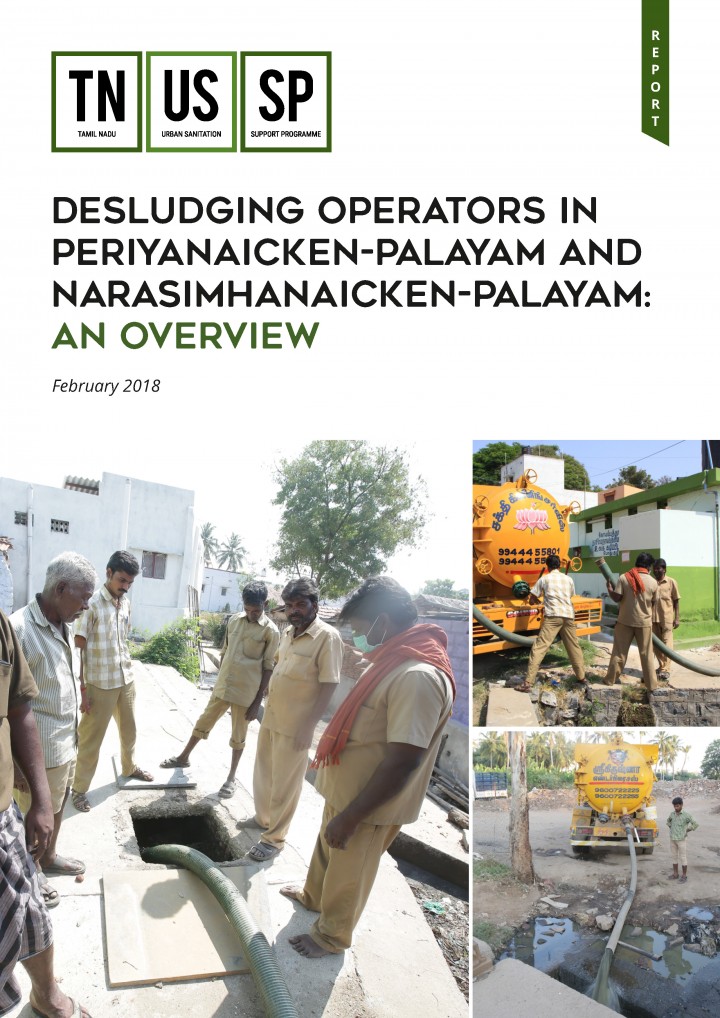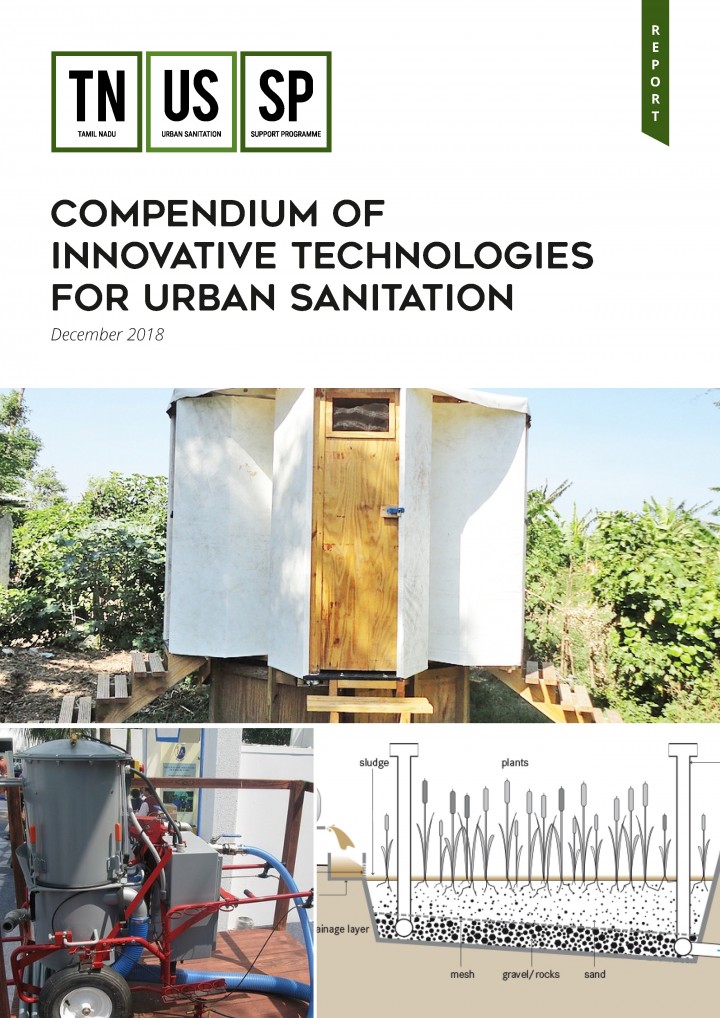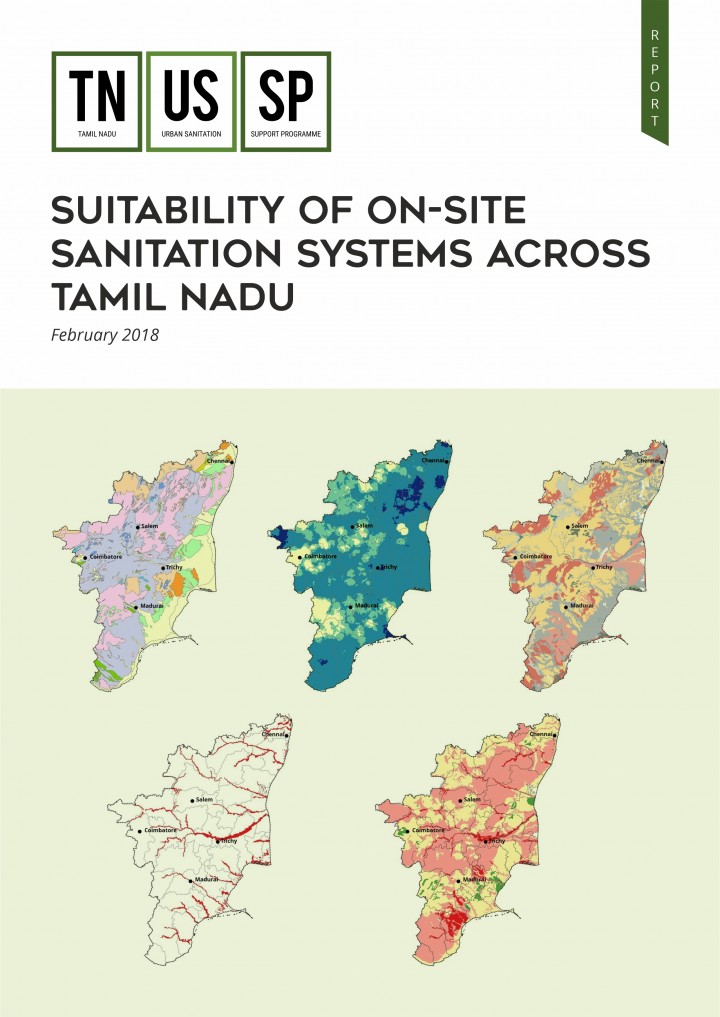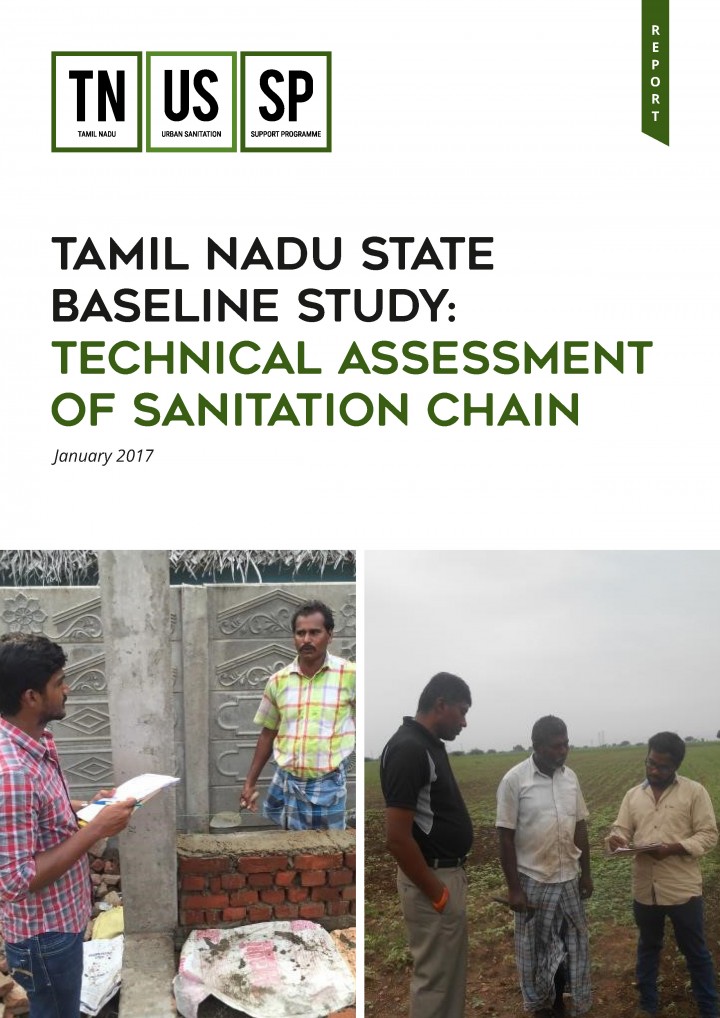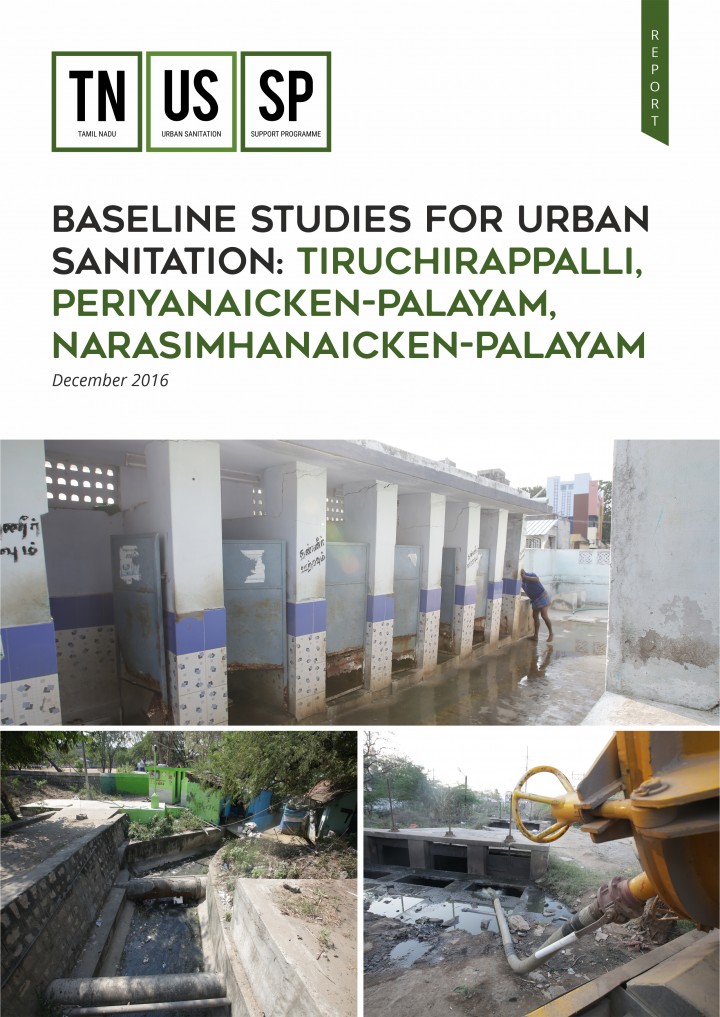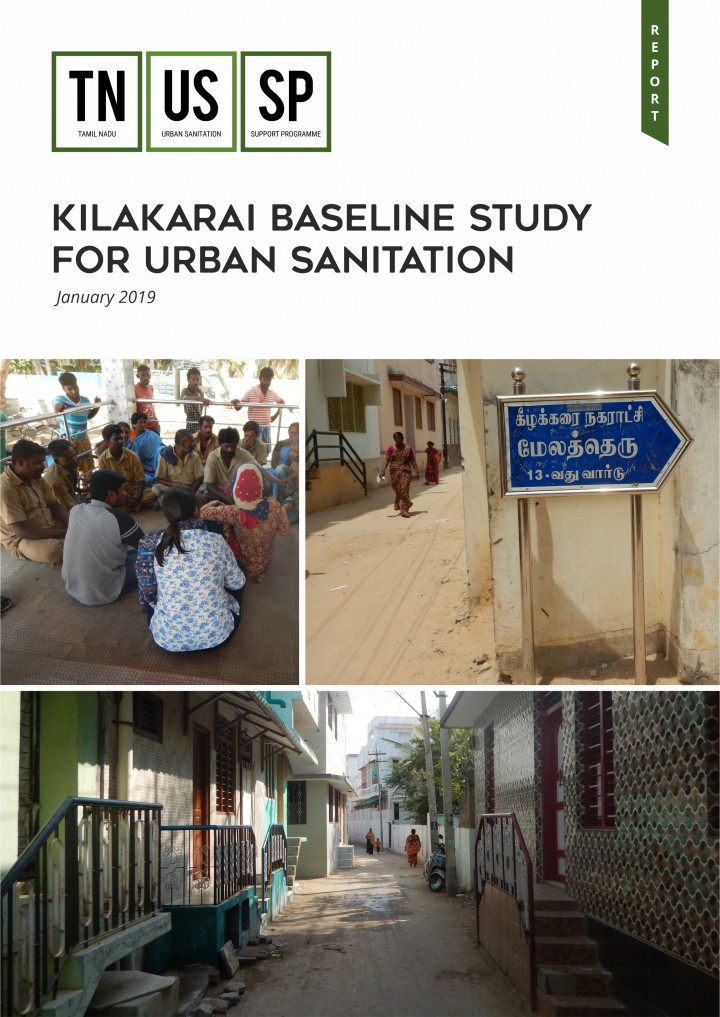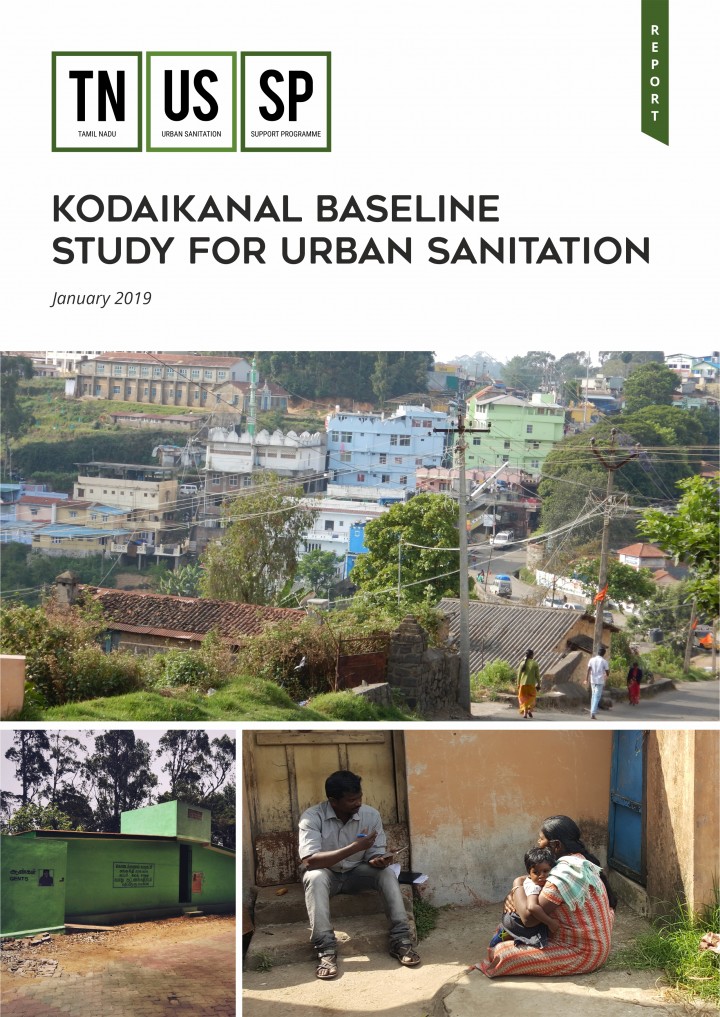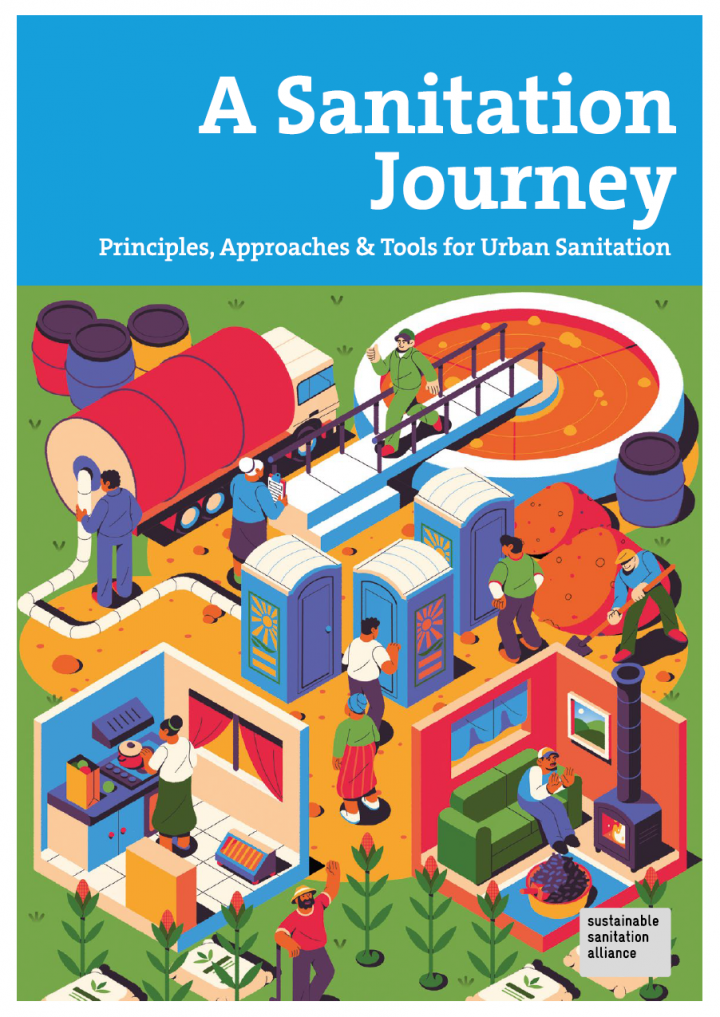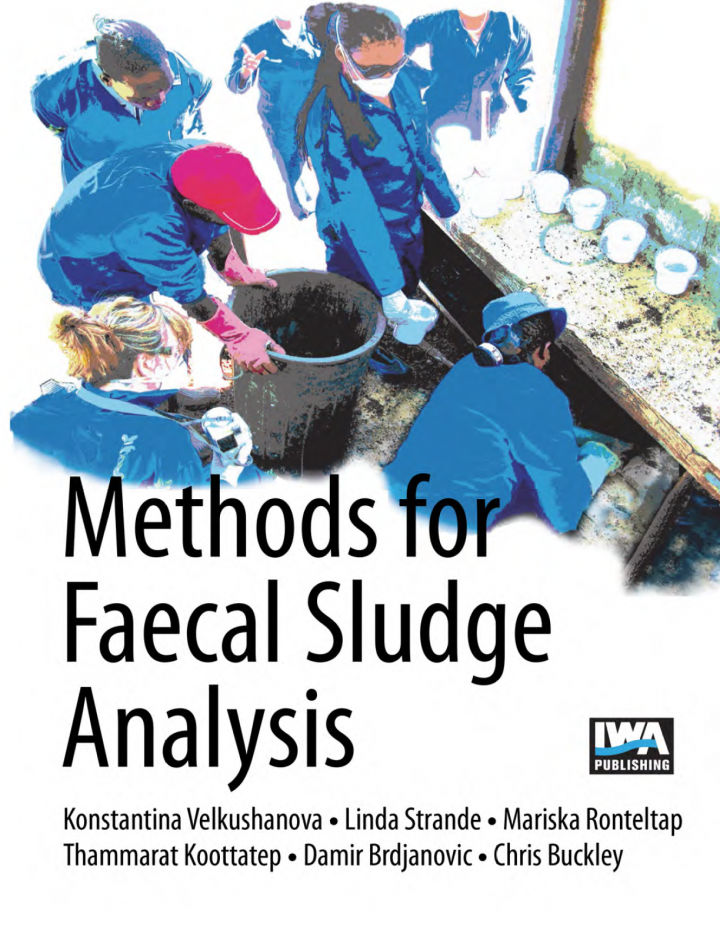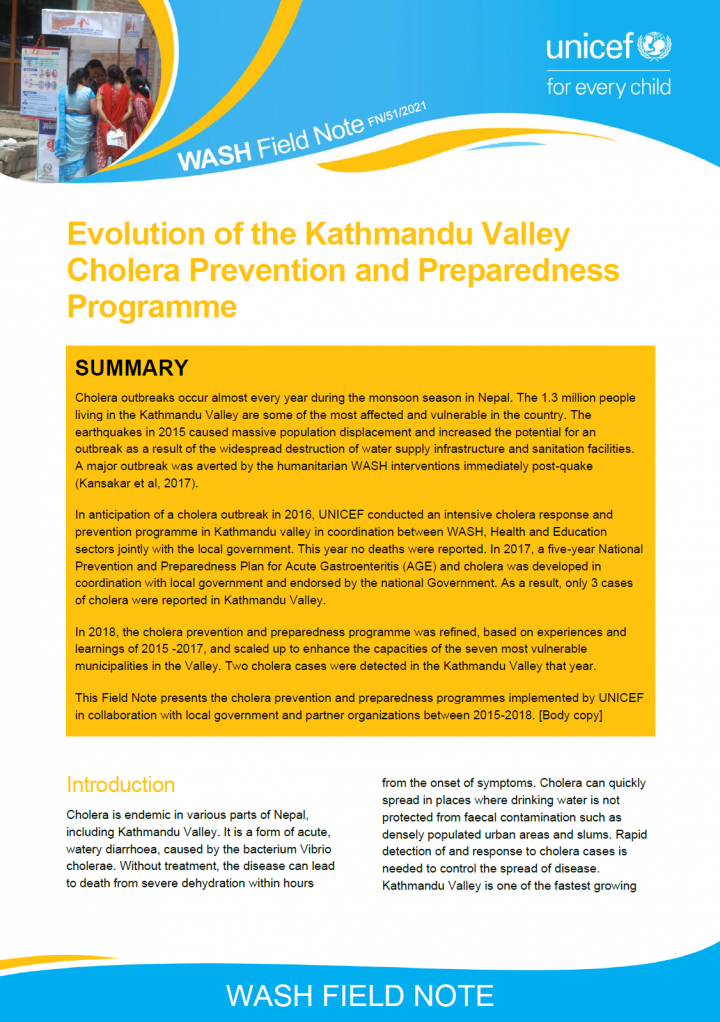Searching for information on Sanitation Workers?
The Sanitation Workers Knowledge + Learning Hub is the best source for all current news, trends, articles and updates on sanitation workers rights around the world.
This manual is intended for technicians, builders, trainers, students and development
agencies dealing with site survey, design, construction and maintenance of:
-Hand-dug wells in deep sand,
-River-intakes with shaft in riverbank,
-Intake chambers with elevated water tank,
-Subsurface dams built of soil,
-Subsurface dams built of rubble stone masonry and
-Sand dams built of rubble stone …
Brackish water does not have an exact definition, but it is typically defined as distastefully salty but less saline than seawater (between 1,000 to 10,000 ppm [parts per million] in total dissolved solids [TDS]). In addition to certain surface water settings such as estuaries, brackish water can be found in aquifers. In some regions of the country with limited availability of freshwater, …
The biosand filter is an intermittent-flow adaptation of slow sand filtration technology. Developed over 20 years ago and now with 15+ years’ operating experience in households, it has established a reputation for effectiveness, durability, and sustained use. Research, field evaluations, and understanding of the nature of intermittent filter operation have led to advances in the design of the …
Decentralization in Benin. In February 1990, the Conférence de Forces Vives de la Nation defined the Government of Benin’s plan to grant communes more legal and financial autonomy. The Beninese government outlined a vision that “Benin is organized into autonomous spaces, called communes, intended as public spaces of freedom, as initiatives, as an exercise of citizens' rights and …
This report from a research project funded by the Water Research Commission is divided into 2 volumes.
Volume 1:
In South Africa, the Pour-Flush system is viewed as an upgrade from the Ventilated Improved Pit latrine (VIP), which is the standard for basic sanitation in the country. PID successfully ran a pilot scheme involving the installation of approximately 25 Pour-Flush latrines in the …
Solar thermal energy, an abundant and free source of energy in the world, particularly in a major part of developing countries, could supplement heat for drying purposes, leading to the decrease of the operating costs. In the sanitation sector, the use of solar energy for faecal sludge drying has been minimal, with only a few cases. Possible reasons for the low use of solar drying is the lack of …
Today, 1.42 billion people – including 450 million children – live in areas of high or extremely high water vulnerability. Less than 3 per cent of the world’s water resources is freshwater, and it is growing increasingly scarce.
Decades of misuse, poor management, over-extraction of groundwater and contamination of freshwater supplies have exacerbated water stress. At the same time, …
Celebrating World Water Day 2021 on March 22nd, six experts, backed by five organizations (Stockholm Environment Institute, GIZ, Viva con Agua, WaterWorX and EXP-Consult) present a plea for greater and wider collaboration to shape the water sector to become more climate resilient. Improved management of water and sanitation services is fundamental not only for climate change adaptation but also …
This report is a summary of a virtual meeting held on 9th September 2020, and hosted by the University of Leeds. The background information is found below.
In Phase 3 the SFD-PI are working to enhance the tools and resources available to support users to produce an SFD graphic. The inherent simplicity of the SFD should make it accessible to a wide range of stakeholders. However, the experience …
Arsenic is widely distributed element in the earth’s crust and ranks twentieth in elemental presence. As a Group V element, arsenic exhibits a broad range of chemical reactivity and it is commercially used in alloys with lead. Arsenic in natural water has been reported from several countries including Bangladesh, China, Chile, Ghana, India, Nepal, Rumania, Taiwan, USA and Vietnam. In India, …
The current document presents the City Sanitation Plan for PNP. PNP is one of the cluster towns selected for implementing fecal sludge management in Tamil Nadu. This plan is curated from the sanitation situation analysis which included identifying major components of sanitation (water supply, storm water drainage and solid waste management), issues related to it, and possible solutions.
This document presents the City Sanitation Plan for NNP. NNP is one of the cluster towns selected for implementing fecal sludge management in Tamil Nadu. This plan is curated from the sanitation situation analysis, which included identifying major components of sanitation (water supply, storm water drainage and solid waste management), and analysing related issues and possible solutions.
To understand the vulnerability of the slums, all eleven slums in the town panchayats of Periyanaicken Palayam and Narasimhanaicken Palayam in Coimbatore were profiled using a range of indicators including location, migration, housing, water, sanitation, drainage, electricity, demography, and health seeking among others. This assessment helped categorise and prioritise slums in terms of their …
Improper disposal of menstrual waste is a noteworthy challenge when it comes to Menstrual Hygiene Management (MHM). Polymeric sanitary napkins, which have largely replaced cloth napkins, are made of material that is non-biodegradable, leading to the accumulation of used napkins in landfills. Accumulated menstrual waste can be hazardous because menstrual blood on napkins stagnates for a long time …
TNUSSP carried an assessment of Community Toilets and Public Toilets facilities in the two town panchayats Periyanaicken-Palayam and Narasimhanaicken-Palayam in Coimbatore district. The assessment aimed to profile the facilities in terms of their existing infrastructure, waste and waste management, and operation and maintenance practices. Further, toilet usage patterns were analysed and exit …
Safe collection and safe disposal of fecal sludge is a critical component of septage management in which desludging operators play a central role. In order to understand their work, consultations were conducted with desludging operators in the Periyanaicken Palayam and Narasimhanaicken Palayam town panchayats of Coimbatore district. These consultations aimed to understand the current desludging …
This is a Compendium of technology options for various components in the urban sanitation chain. This Compendium is contextual to the geographic and economic conditions for the state of Tamil Nadu and aims to provide the user with a broad range of innovative sanitation systems and technologies that can be implemented on the ground. This document is designed to act as a reference guide and …
On-site sanitation systems (OSS) remain the dominant household arrangement across the state of Tamil Nadu for urban sanitation. Given that these OSS are spread over different hydrogeological zones, factors such as aquifer systems, soil drainage characteristics, groundwater levels and flood hazard areas have a bearing on their suitability. A study was undertaken for the state of Tamil Nadu to …
TNUSSP carried out a baseline study in 36 ULBs across seven different agro- climatic zones to develop an understanding of the sanitation situation across the various region in the State of Tamil Nadu. The study used both quantitative and qualitative data collection methods to elicit information from various stakeholders including household members, masons, public toilet and community toilet …
TNUSSP carried out a baseline study in Tiruchirappalli city and the two town panchayats of Periyanaicken- Palayam and Narasimhanaicken-Palayam in Coimbatore district. The study aimed to profile households, establishments and schools in these locations in terms of their arrangement for toilets, existing containment types, collection, conveyance, and disposal mechanism along with water supply …
TNUSSP carried out a baseline study in Kilakarai municipality to understand the current situation of access to sanitation and arrangements made for fecal sludge management in households and establishments. The findings from the study provide an overview of the gaps and challenges across the sanitation chain in Kilakarai in effective implementation and monitoring of septage management.
TNUSSP carried out a baseline study in Kodaikanal municipality to understand the current situation of access to sanitation and arrangements made for fecal sludge management in households and establishments. The findings from the study provide an overview of the gaps and challenges across the sanitation chain in Kodaikanal in effective implementation and monitoring of septage management.
Sanitation and hygiene are the foundation of healthy cities. They are a primary prerequisite for the health of our societies as well as economic development. However, achieving safe and sustainable urban sanitation for all has proven to be difficult, especially for the vulnerable and poor.
The publication "A Sanitation Journey - Principles, Approaches and Tools for Urban Sanitation" provides …
Faecal sludge management is recognized globally as an essential component of city-wide inclusive sanitation. However, a major gap in developing appropriate and adequate management and monitoring for faecal sludge is the ability to understand and predict the characteristics and volumes of accumulated faecal sludge, and correlations to source populations. Since standard methods for sampling and …
Cholera outbreaks occur almost every year during the monsoon season in Nepal. The 1.3 million people living in the Kathmandu Valley are some of the most affected and vulnerable in the country. The earthquakes in 2015 caused massive population displacement and increased the potential for an outbreak as a result of the widespread destruction of water supply infrastructure and sanitation facilities. …

